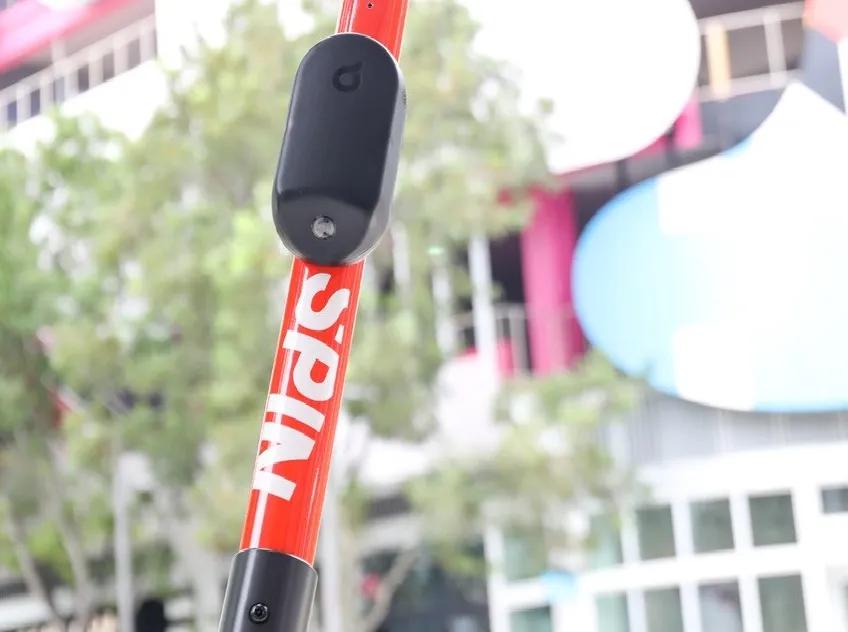
Micromobility tech firm Drover AI has closed on a $5.4 Series A funding round.
Led by Vektor Partners, the round had participation from seed investors including Avesta Fund, Masik Enterprises and Kurt Jaggers, which join existing investor 500 Global.
“We are very fortunate to have secured the support of Vektor Partners on our mission to leverage computer vision and artificial intelligence for the benefit and long term success of micromobility,” said Christian Scheder-Bieschin, co-founder and CEO of Drover AI.
Drover AI's first product, PathPilot, uses on-board computer vision (CV) and machine learning (ML) on scooters to detect sidewalks, streets and bike lanes while the vehicle is moving and ensure that riders park properly at the end of their journey.
The PathPilot box is deployed on over 5,000 shared scooters in the US, Asia and Europe with operators including Spin, Voi, Beam, Dott and Helbiz.
Drover AI will use the funds to scale the delivery on existing orders, and accelerate the integration of its new PathPilot Lite technology with vehicle and IoT manufacturers for next-generation micromobility vehicles.
“The team at Vektor contributes genuine strategic knowledge of the mobility space as well as an understanding of the huge potential value that exists in harvesting vision-based data from fleets of micromobility vehicles," Scheder-Bieschin adds.
“Micromobility is a big market, and it will continue to grow rapidly throughout this decade," said Chris Riley, partner and co-founder at Vektor Partners.
"Working closely together with cities has hereby become a crucial element in establishing sustainable micromobility service offerings."
Alex Nesic, co-founder of Drover, said the firm is "involved with manufacturers of all types of micromobility form factors, with interest to incorporate our proprietary CV/ML
technology to meet growing rider and pedestrian safety initiatives".









